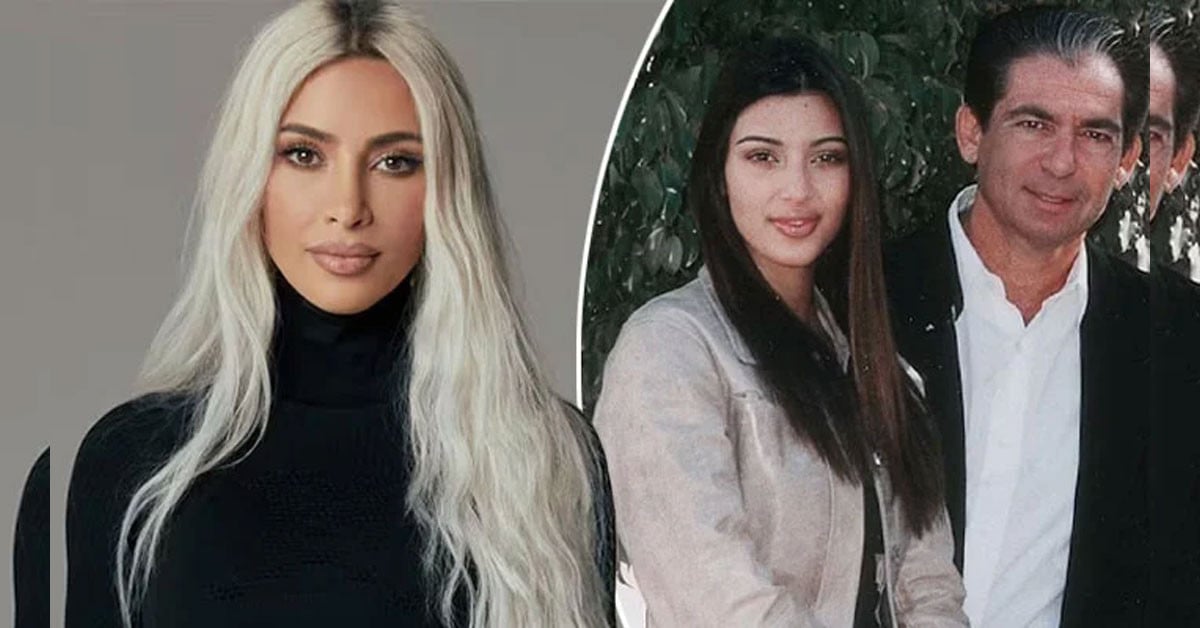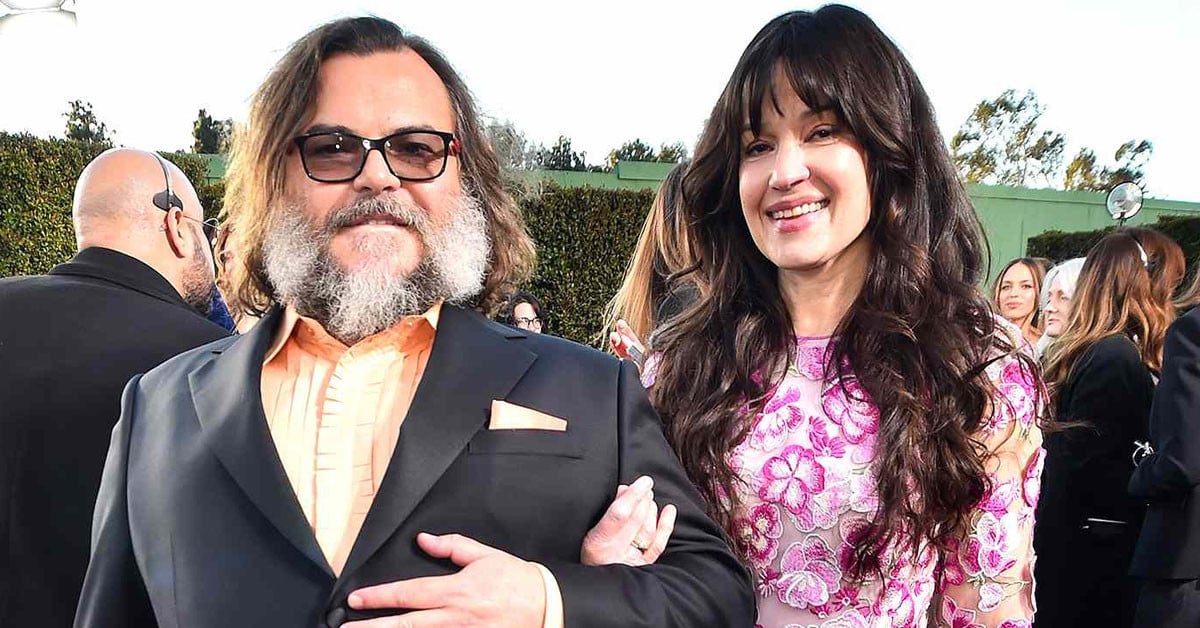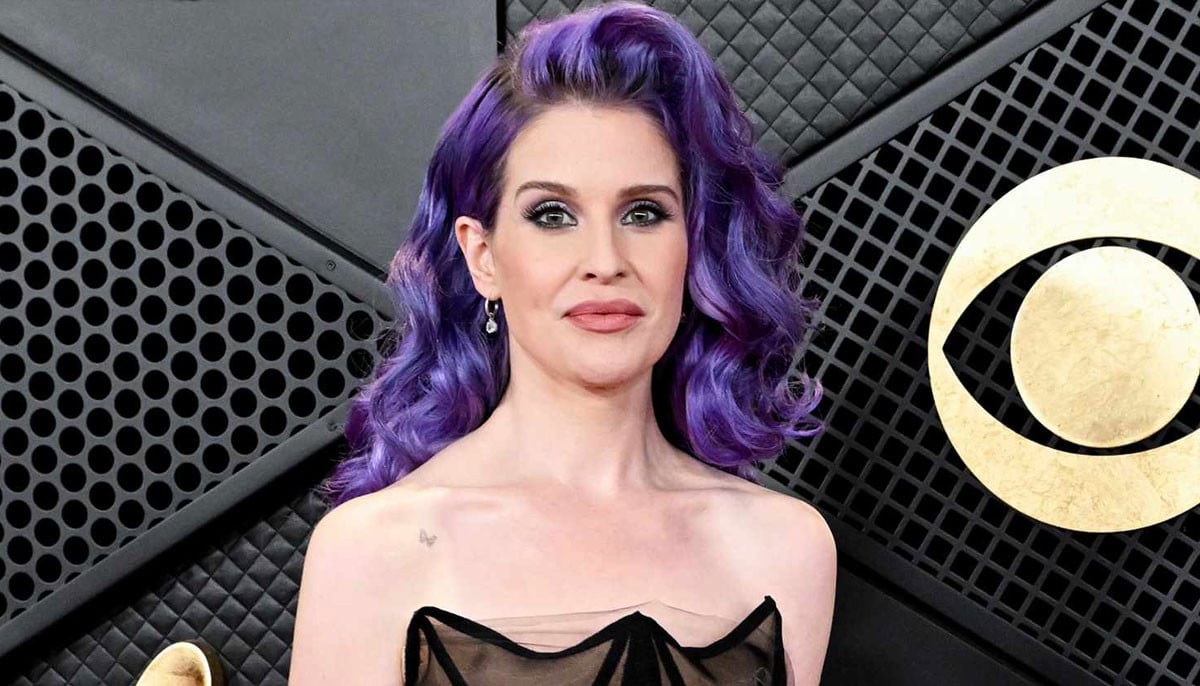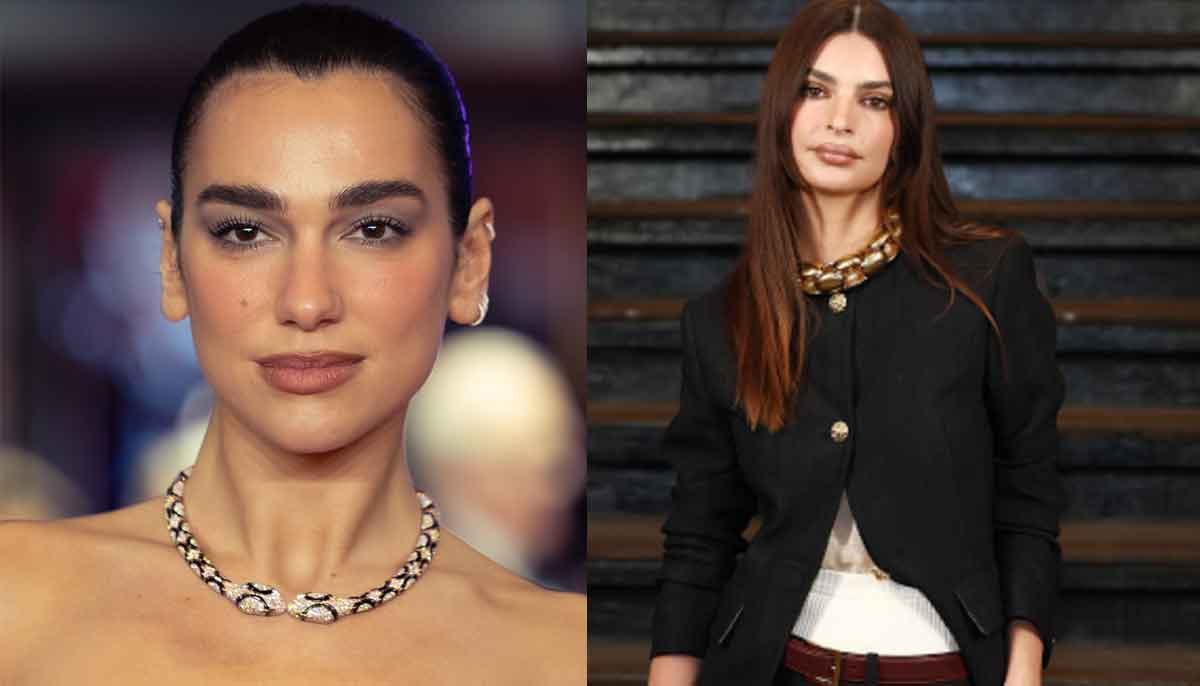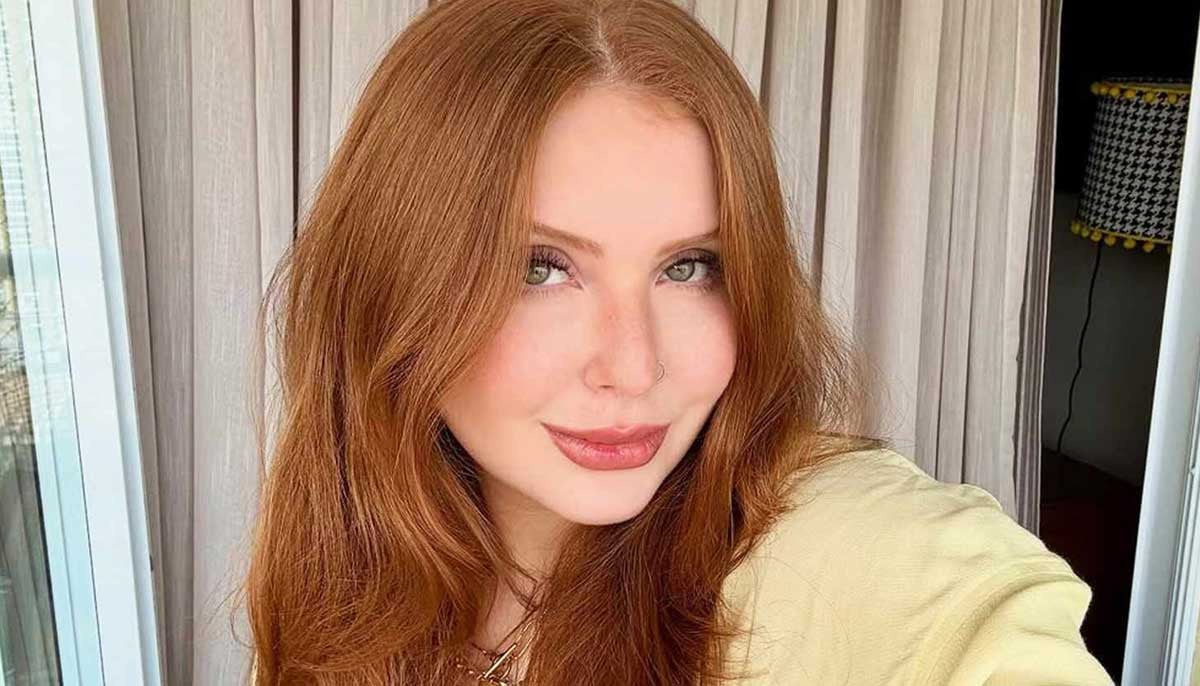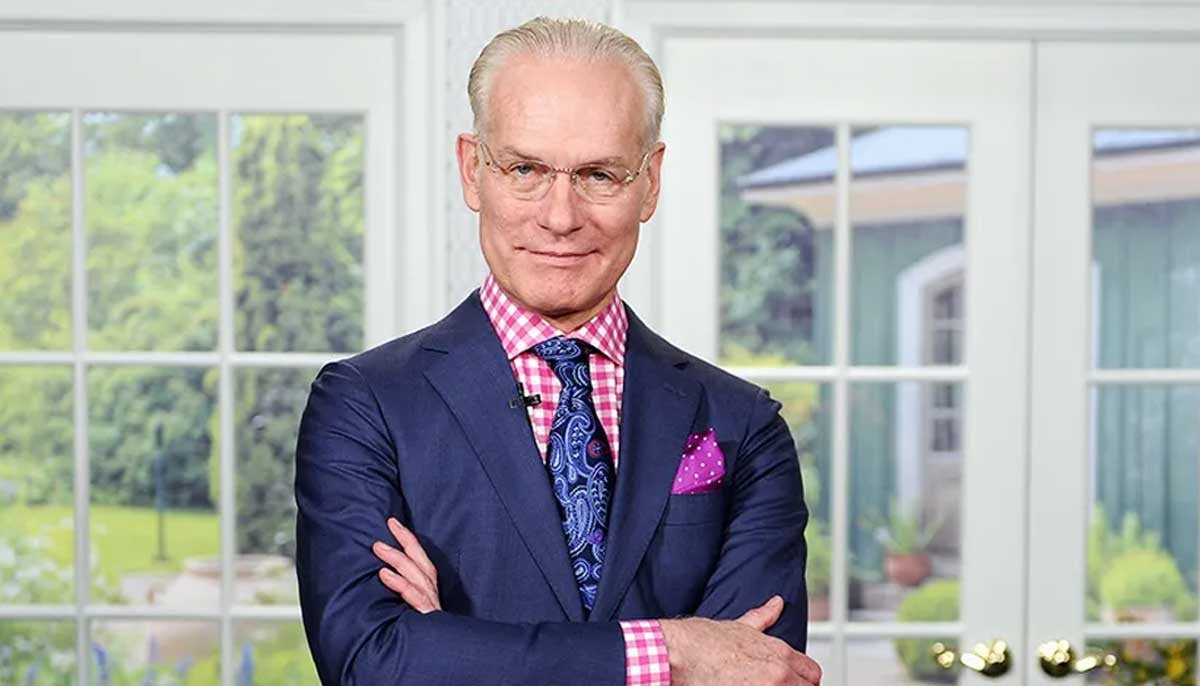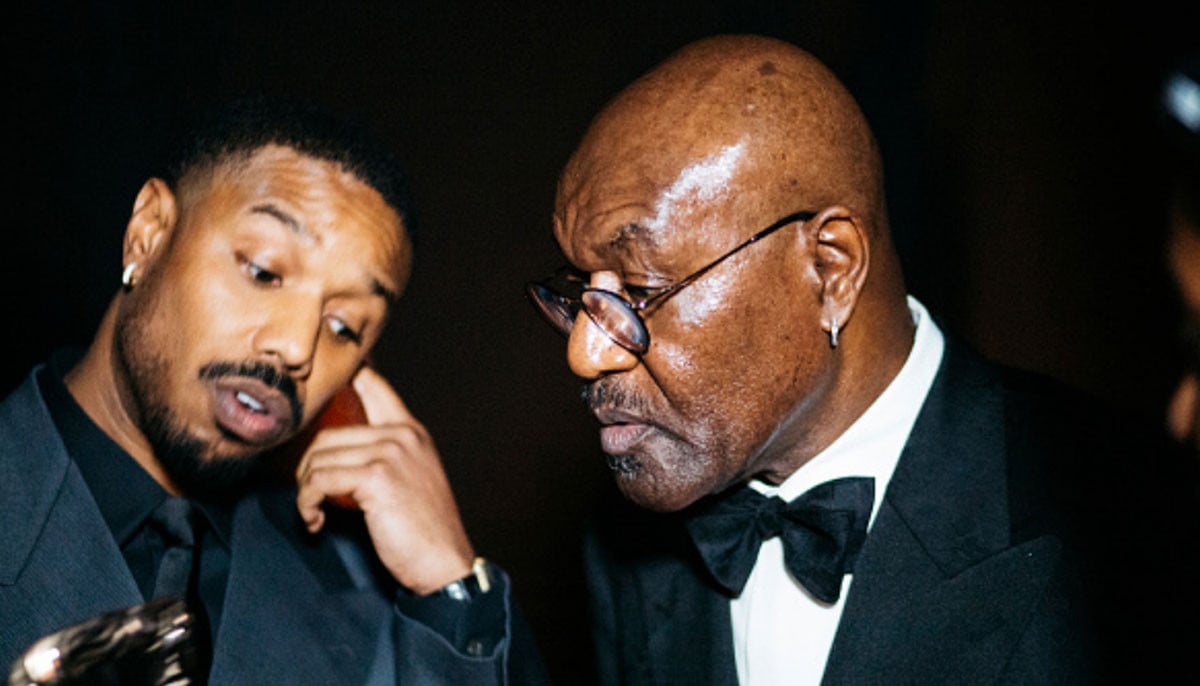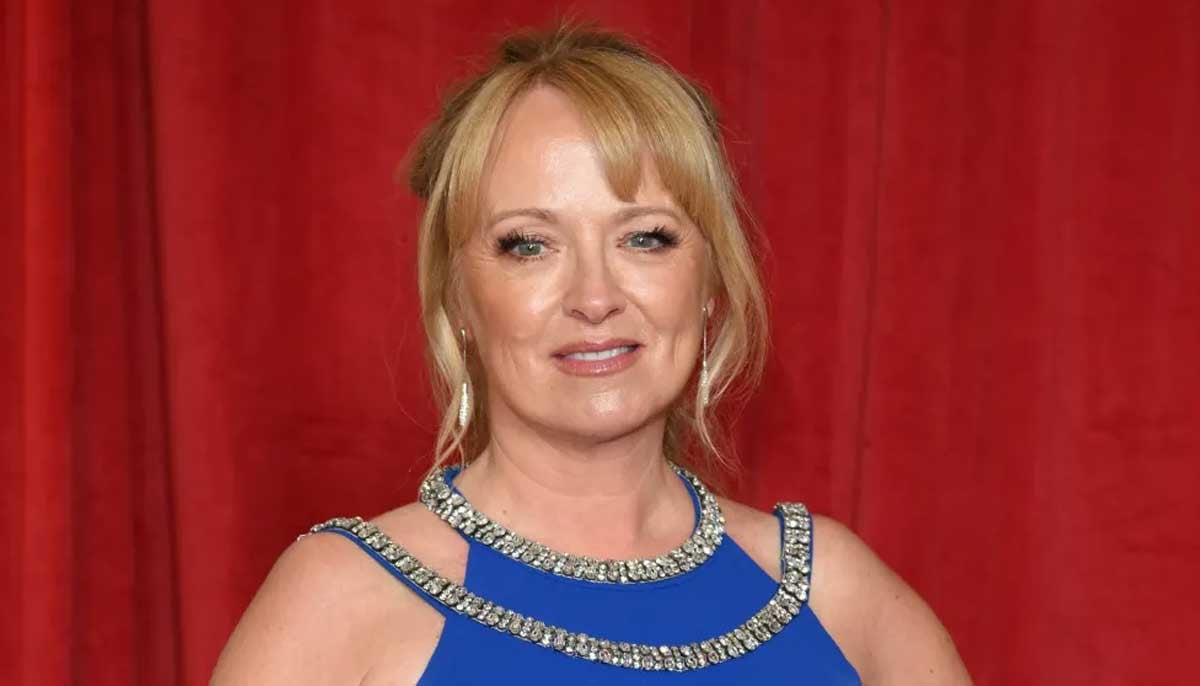JERUSALEM: The culture clash in "Bar Bahar" starts off when Nur, a veiled and conservative Muslim, moves into a flat with two other Arab Israeli women and sees their drug-taking, party-going lives.
But for its director, the real shock of the film, which opened last month in Israel, has been the controversy it has whipped up, even death threats on social media.
Maysaloun Hamoud, herself an Arab, always hoped her first feature film would hit hard.
In its two hours, the Galilee-born filmmaker, 35, tackles almost all the taboos of Arab Israeli society: drugs, alcohol, homosexuality.
The film has already been released in the United States, under the title "In Between", and it won three prizes at the San Sebastian Film Festival in Spain last year.
US magazine Variety called it a "compelling" drama and The Hollywood Reporter trumpeted it as a "sparkling, taboo-breaking first feature".
The film company has not released ticket sale numbers but Hamoud said there had been a lot of feedback, mostly positive but some less so. The response from Umm al-Fahm has been particularly sharp.
The municipality issued a statement condemning a film as being "without the slightest element of truth" and barring it from being screened there. They insisted, however, that they were happy to support "meaningful" art, but did not reply to a request for an interview.
Hamoud as well as her actresses have received death threats.
Bar Bahar, literally meaning "land and sea" in Arabic, translates as "neither here, nor there" in Hebrew.
For its director it aims to be "the voice of a generation" of young Arab Israelis who feel trapped between cultures.
Making up around 18 percent of Israel´s population, the 1.4 million Arab Israelis are descended from Palestinians who remained on their land after Israel was established in 1948.
Many identify as Palestinian but feel torn between identities -- saying they experience discrimination and racism living and working in major Israeli cities.
I´m not exaggerating, every scene is realistic," Hammoud insisted.
Hamoud chose to set the film in Tel Aviv, regarded the most tolerant and liberal city in Israel, to make a point that even there racism against Arabs is prevalent.
-
Hailee Steinfeld details preparations ahead of welcoming first kid with Josh Allen
-
Sterling K. Brown explains how sharing his kids' photos on social media can keep them safe
-
Gracie Abrams follows 'Kylie Jenner playbook' with Paul Mescal romance
-
Dua Lipa shares 'Love Letter' with new boyfriend after Emily Ratajkowski confirms romance with her previous beau
-
Brazilian beauty influencer passes away after suffering 'medical emergency'
-
'Project Runway' alum Tim Gunn reveals why he's been celibate for 43 years
-
Delroy Lindo breaks silence on John Davidson's racial slur shock at 2026 BAFTA: 'We did what we had to do'
-
'Coronation Street' star Sally Ann Matthews finally reveals why she quit ITV soap
